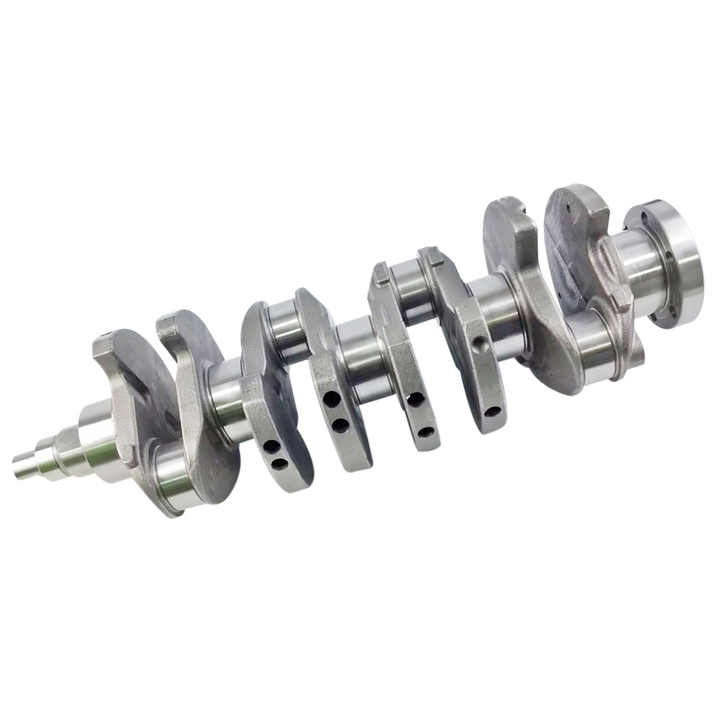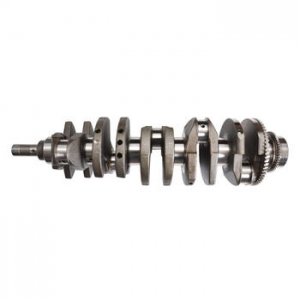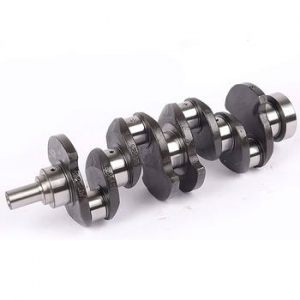The Unsung Heroes of Engine Performance
In the intricate world of automotive engineering, it's easy to overlook the smaller components. But as it turns out, these tiny parts often play a crucial role in overall engine performance. One such unsung hero is the crankshaft thrust bearing.
What are Crankshaft Thrust Bearings?
So, what exactly are crankshaft thrust bearings? Well, they're components designed to handle the axial forces generated by the movement of pistons in your car's engine. To be honest, without them, your engine wouldn't run smoothly or efficiently.
How Do Crankshaft Thrust Bearings Work?
These bearings work by absorbing the forces created by the reciprocating motion of the pistons. They prevent the crankshaft from moving forward and backward, ensuring that all the power generated is transferred to the wheels. It's a critical function, wouldn't you agree?
Signs Your Crankshaft Thrust Bearings May Be Wearing Out
Interestingly enough, there are several telltale signs that your crankshaft thrust bearings might be wearing out. These include unusual noises when you shift gears, difficulty starting the car, and even poor fuel efficiency. If you notice any of these symptoms, it might be time to have your vehicle checked by a professional.
Maintaining Your Crankshaft Thrust Bearings
Regular maintenance can go a long way towards extending the life of your crankshaft thrust bearings. Here are some practical tips:
When to Replace Your Crankshaft Thrust Bearings
If your bearings are worn beyond repair, they'll need to be replaced. This is usually recommended if you notice excessive play in the crankshaft, persistent noise despite regular maintenance, or significant engine performance issues.
The Bottom Line
In conclusion, while small in size, crankshaft thrust bearings have a big impact on your car's engine performance. By understanding their function and keeping an eye out for signs of wear, you can help ensure your vehicle stays running smoothly for years to come. Remember, preventative maintenance is always better than reactive repairs!




